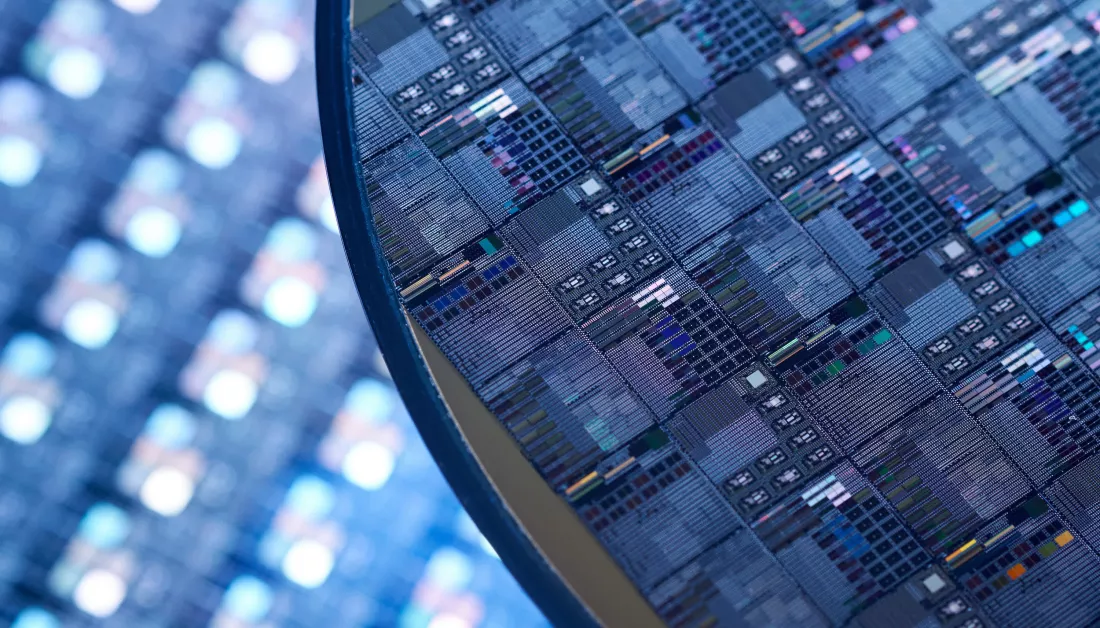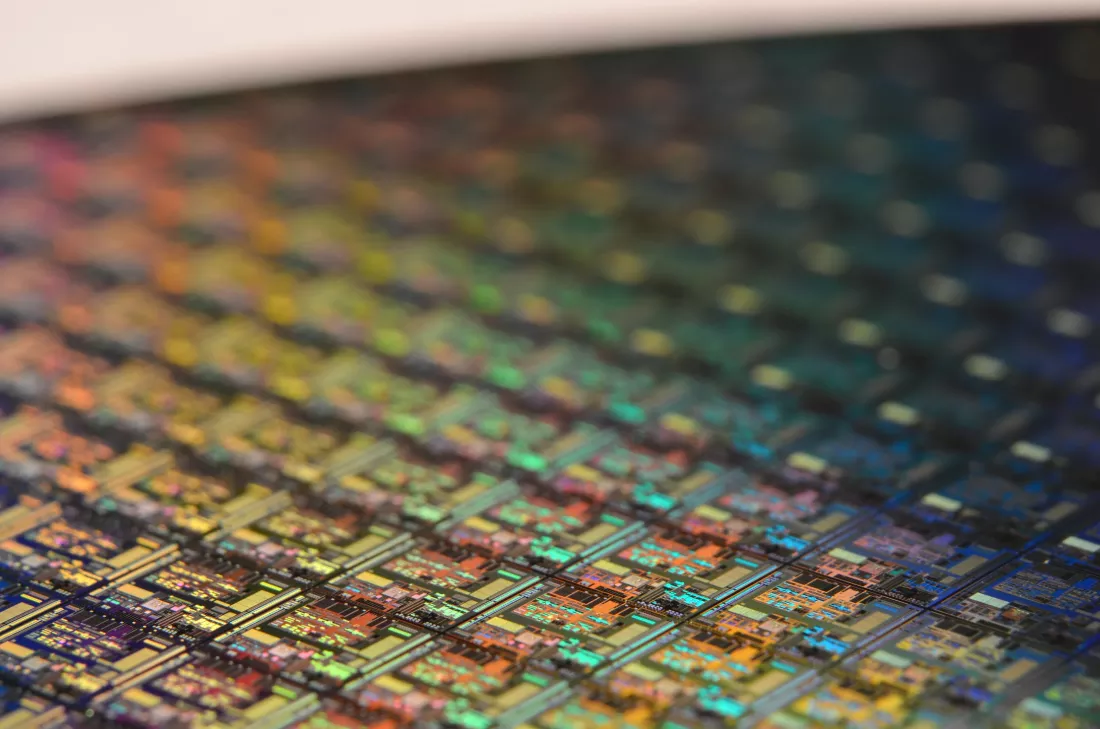What just happened? The chip crisis has been a depressingly familiar topic in news cycles over the last 12 months, but the bad old days of demand massively outweighing supply look to be over. More evidence of this is chip delivery times, which saw their biggest decline in years last month, falling by four days.

According to research by Susquehanna Financial Group (via Bloomberg), lead times—the time between a chip being ordered and when it is delivered—averaged 26.3 weeks in September. That's down from around 27 weeks the previous month. For comparison, the fall between July and August was a single day.
August's waiting period was still a lot longer than in pre-Covid times—it was just 12.7 weeks in October 2019—but the size of the monthly decline is significant. Bloomberg writes that all key product categories saw their wait times fall, with power-management and analog chips experiencing the biggest declines.

At its height, the chip shortage had a massive impact on industries such as auto manufacturing. And anyone who tried to buy a graphics card between mid-to-late 2020 and a few months ago will recall how bad things were.
Ironically, many industries are now suffering from the opposite problem. Consumer demand dropped after fabs ramped up production, Russia invaded Ukraine, and inflation skyrocketed, all of which have led to excess inventory. The oversupply caused graphics card, SSD, and RAM prices to crash. In the case of the latter two, manufacturers have been forced to reduce production. It's also seen companies such as AMD and Intel missing sales projections and, in some cases, laying off employees.
But not every market has seen its chip shortage-related problems alleviate. Dell CFO Tom Sweet said last month that the PC supply chain was back to operating more like its historic norm despite some issues remaining, but the server market continues to suffer due to the semiconductor shortage. However, the fall in lead times could ensure Sweet's prediction that tightness in the market will fall in Q4 is an accurate one.
https://www.techspot.com/news/96354-chip-delivery-times-see-biggest-decline-years-shortages.html